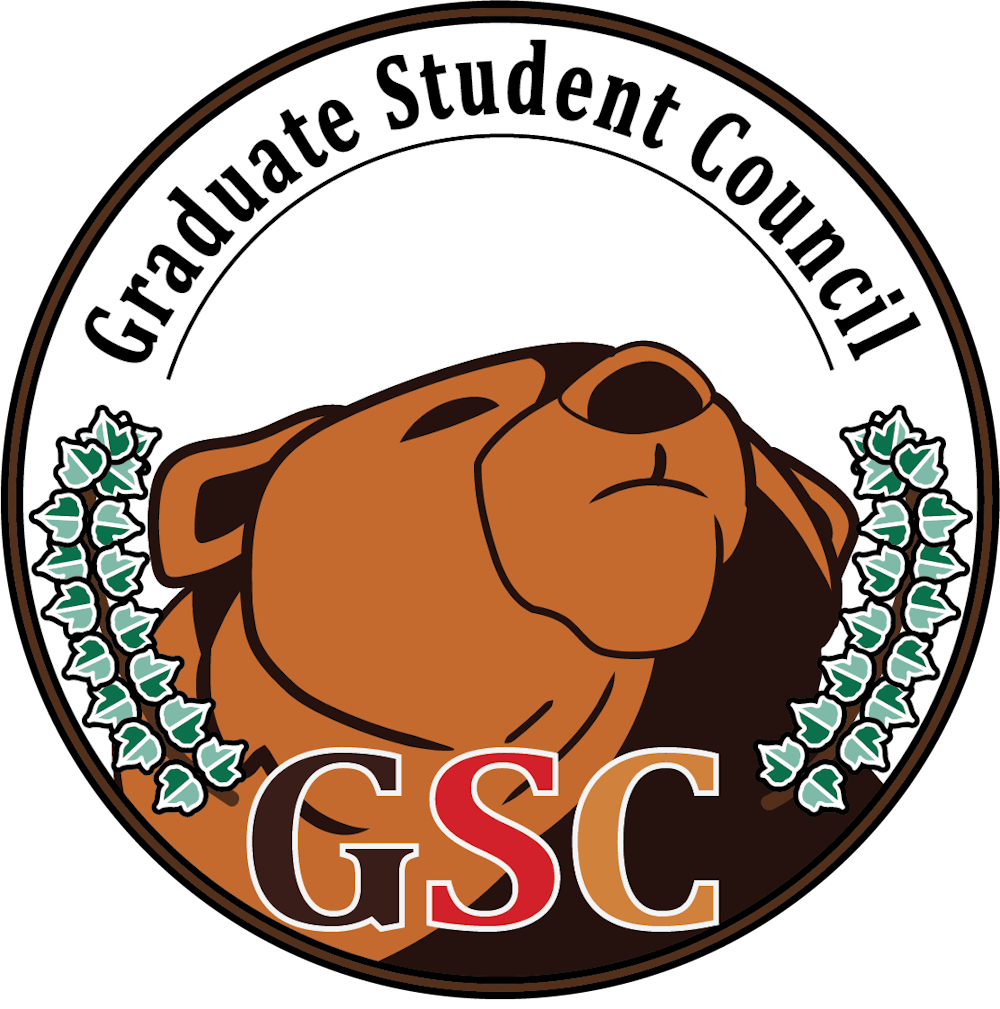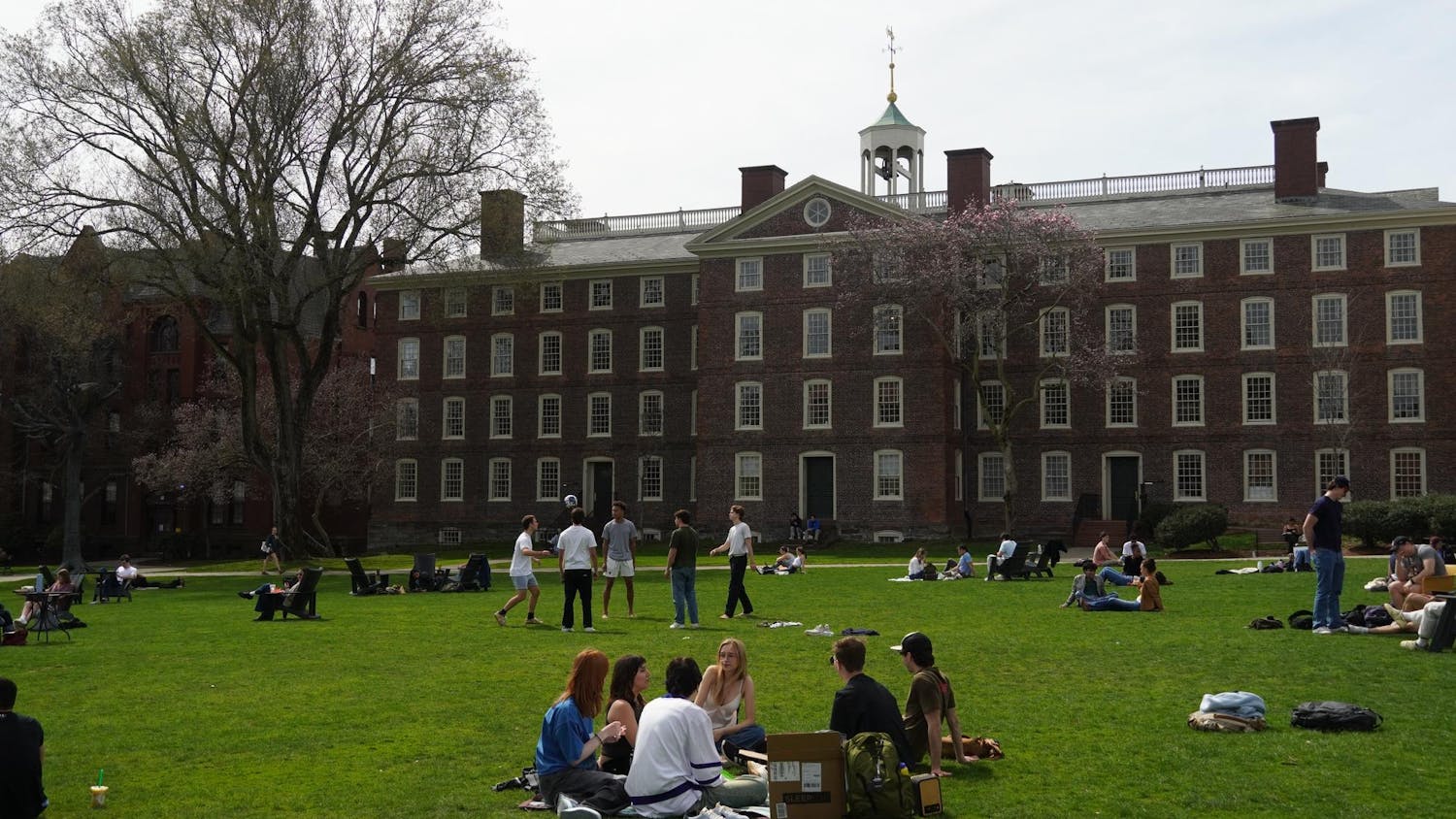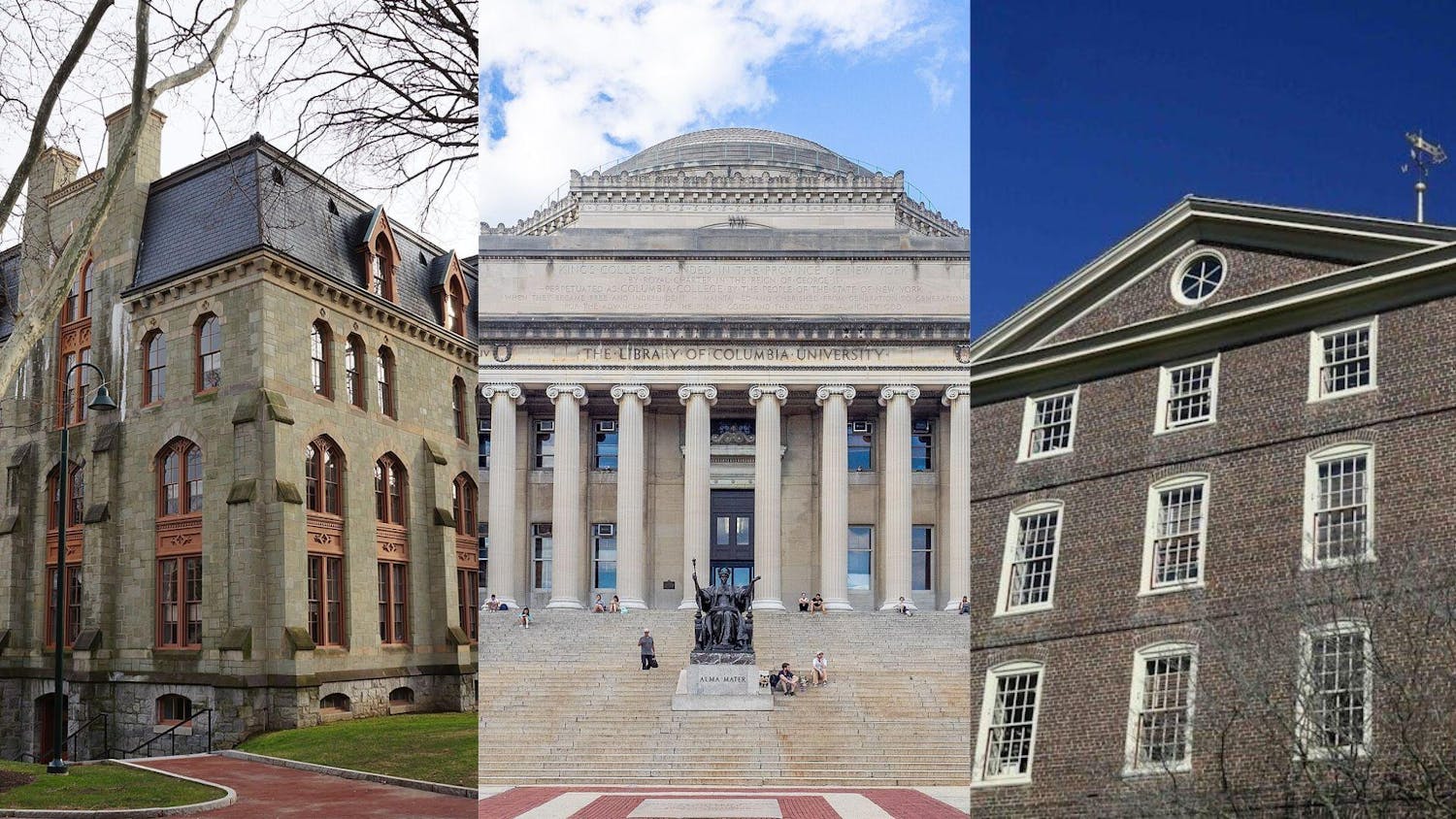At the Graduate Student Council’s first meeting of the semester Wednesday evening, members approved a budget of $81,193 for the spring semester, voting to nearly double previous fund allocations toward the food insecurity program for graduate students in need.
According to GSC President Alex Jordon GS, the food insecurity program has drawn about 130 applicants, up from 75 at the start of the pandemic when the program was created. GSC allocated $5,500 for the program last semester and intends to allocate $10,000 this spring, which will be pulled directly from its $245,000 in savings. The Graduate School and the Office of the President match GSC’s contribution to the program, said Beenish Pervaiz, vice president of advocacy.
Still, the executive board noted that it has been difficult to gauge the appropriate allocation of money for this program due to the unpredictable number of students needing assistance.
The program is a partnership between GSC and the Brown Market Shares Program, which distributes weekly shares of food from regional producers to the University community.
The new budget will allocate $6,000 to student life, $17,000 for conference funding and $5,000 for internal events, with $33,000 devoted to three large social events — the Welcome Back Social, Spring Formal and Commencement Toast. The board stated that the new budget increased funding for social events, which was due to an increase in the number of graduate students at Brown, as well as the fact that there were no University-sanctioned events last spring due to COVID-19. The budget will also set aside roughly $5,000 for new graduate student lounge speakers and $675 for locks to keep personal items safe in the lounge.
During the meeting, disagreement arose when one student advocated for allocating an additional $10,000 toward the food insecurity program by decreasing the budget for large social events. Members of the executive board argued against this, insisting that funding social events to foster community is an important part of GSC’s mission. They added that in the past, their smaller budget has been adequate in covering all graduate students who requested food insecurity assistance. Finally, they said that increasing funding to the program may discourage the University from continuing to match GSC’s contribution. In the future, GSC board members said they hope the Graduate School will use its resources to eliminate issues with food security among its students.
Additionally, the GSC executive board discussed hopes for a graduate community center. Jordon said that such a space would facilitate digital scholarship, professional development and interdisciplinary conversations. He added that Brown is the only Ivy League school without a dedicated center for grads.
The board also announced other priorities for the semester, which include COVID-19 safety and financial and mental health support.
“I’m excited to be in-person again,” Jordon said. “We have an opportunity because of vaccines and boosters and masking to rejoin as a community, and I’m really excited to bring that community together.”
Grace Holleb was a University News editor covering academics and advising.





